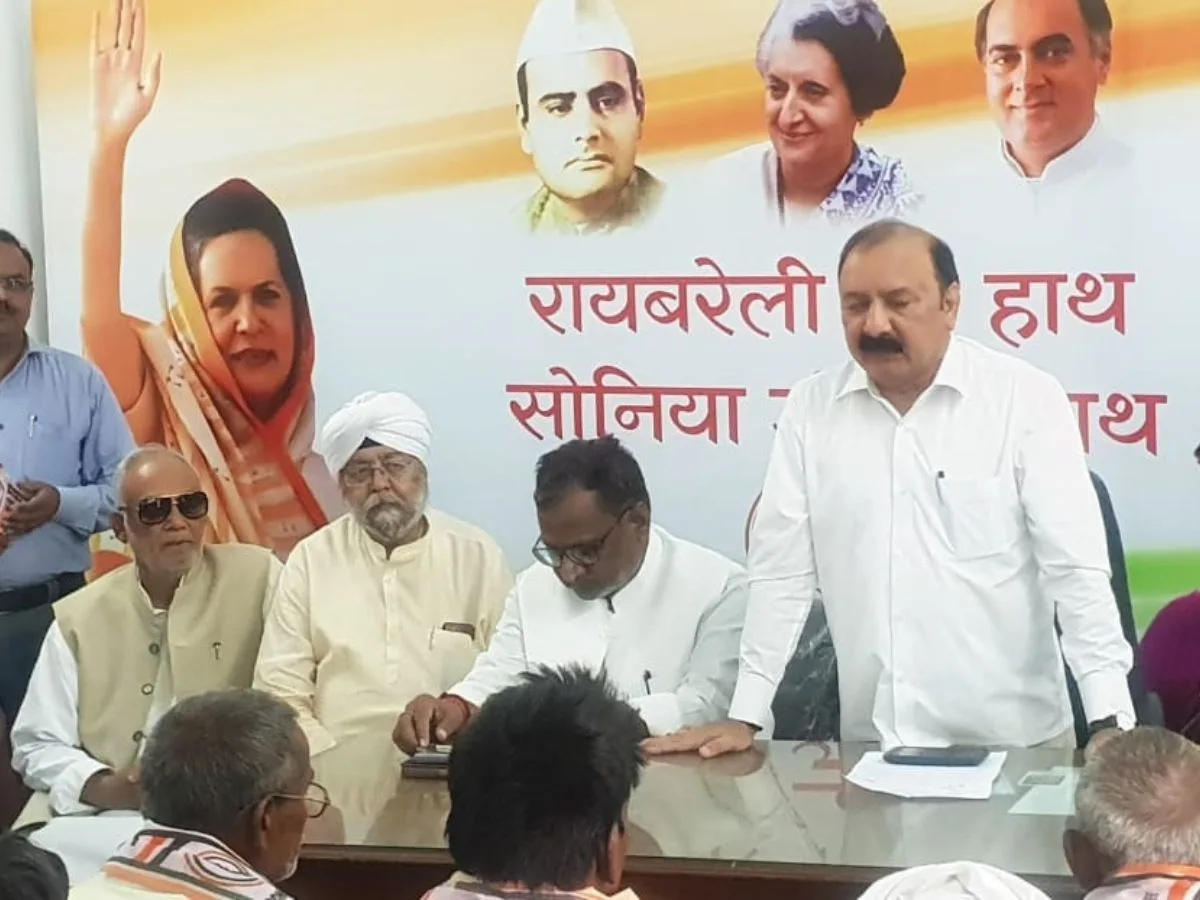Read in : தமிழ்
When it comes to medical education, most students prefer government colleges rather than private ones. The exorbitant fees charged by private medical colleges make them unaffordable for most students, especially first-generation graduates. But Tamil Nadu has 32 such private medical colleges, some of them started as early as 1985. So, who owns them? And what does it mean, when there’s a raging debate about NEET and one of the aspects is capitation fees and private college tuitions.
The most popular among private institutions for studying medicine are SRM Medical Colleges. They have a deemed university in Kattankulathur in the suburbs of Chennai and an SRM college in Tiruchy. Pachamuthu alias T R Paarivendhar, who is also the founder-chairman of the political party Indhiya Jananayaga Katchi, owns the SRM group, which also runs the TV news channel Puthiya Thalaimurai and other media organizations. Paarivendhar, who was elected as Member of Parliament from Perambalur constituency in the 2019 general elections.
Until 1988, all medical science degrees were awarded by Madras University. The need to establish a separate medical university was felt during the early 1980s when AIADMK founder M G Ramachandran, MGR, was the chief minister of Tamil Nadu. A three-member high level committee submitted the proposal for a medical university to MGR in the year 1983. Subsequently, the Tamil Nadu Medical University Act, 1987 got the president’s assent on September 24, 1987, and the MGR Medical University started functioning from 1988. The university was named after MGR who died on December 24, 1987 while still serving as chief minister.
Many private medical colleges mushroomed post the year 2000, perhaps in keeping with the post-liberalization economic boom. Call it a strange coincidence but many AIADMK politicians were among the pioneers in starting medical colleges. S Jagathratchagan, a former AIADMK man, now a prominent DMK politician started Sree Balaji Medical College and Hospital in 2003.
The first private medical colleges were started in the year 1985. Sri Ramachandra Medical College and Research Institute and Raja Muthiah Medical College were the first two private institutions for medical education. The former was started by N P V Ramasamy Udayar, said to be a close aide of MGR, while the latter came under Annamalai University run by the industrious Chettiyar family. Vellore’s Christian Medical College, although a private institution that started its MBBS course in 1942, is in a different category altogether.
Raja Muthiah Medical College was one among the first educational institutions to publish the capitation fee publicly, say seasoned journalists. Seven years after the college was started, the Tamil Nadu Educational Institutions (Prohibition of Collection of Capitation Fee) Act, 1992 was enacted, barring private educational institutions from collecting capitation fees. But A Supreme Court verdict on the TMA Pai Foundation vs Karnataka government put a stop to government intervention in privately-run educational institutions. This gave private medical colleges a free rein and capitation fees came back until NEET was introduced.
Many private medical colleges mushroomed post the year 2000, perhaps in keeping with the post-liberalization economic boom. Call it a strange coincidence but many AIADMK politicians were among the pioneers in starting medical colleges. S Jagathratchagan, a former AIADMK man, now a prominent DMK politician started Sree Balaji Medical College and Hospital in 2003.
Another former AIADMK man A C Shanmugham, now founder president of the New Justice Party, owns ACS Medical College and Hospital and Faculty of Medicine and Sri Lalithambigai Medical College and Hospital. Arunai Medical College in Tiruvallur is owned by DMK politician E V Velu. He is also a former AIADMK man who switched sides. Another medical college in Tiruvallur, Indira Medical College, is run by Tiruvallur MLA’s wife Indira Raajendran.
All private medical colleges are invariably run by educational trusts, where these influential individuals are trustees. As the trusts are denoted as educational or charitable trusts, it helps the management escape taxation. However, educationists like Nedunchezhian contend that private educational institutions are for-profit institutions who should be brought under the Goods and Services Tax.
Some years ago when the NEET row erupted, AIADMK MP Thambithurai was alleged to have stake in medical colleges in Tamil Nadu. He denied the allegations but his wife Bhanumathi Thambidurai is the chairman of St Peter’s Medical College in Krishnagiri.
Other medical colleges are owned by individuals from varied backgrounds. A journalist from the western region of Tamil Nadu recalls seeing a medical college owner giving donations of Rs 10 lakh back-to-back to both ruling and opposition parties in Tamil Nadu.
All private medical colleges are invariably run by educational trusts, where these influential individuals are trustees. As the trusts are denoted as educational or charitable trusts, it helps the management escape taxation. However, educationists like Nedunchezhian contend that private educational institutions are for-profit institutions who should be brought under the Goods and Services Tax.
Former Anna University Vice Chancellor Prof E Bala Gurusamy, a strong advocate of NEET, says the history of most of the private medical colleges is murky. It is not easy to start a medical college with a 500 or 600-bed hospital all of a sudden. It needs huge investment and, he says, industrialists don’t make such investments. “It is not surprising when party men with troves of unaccounted money venture into medical colleges. And, it is not at all surprising when they resist NEET because it deprives them of the chance to exploit students by charging huge capitation fees,” he adds.
Read in : தமிழ்











